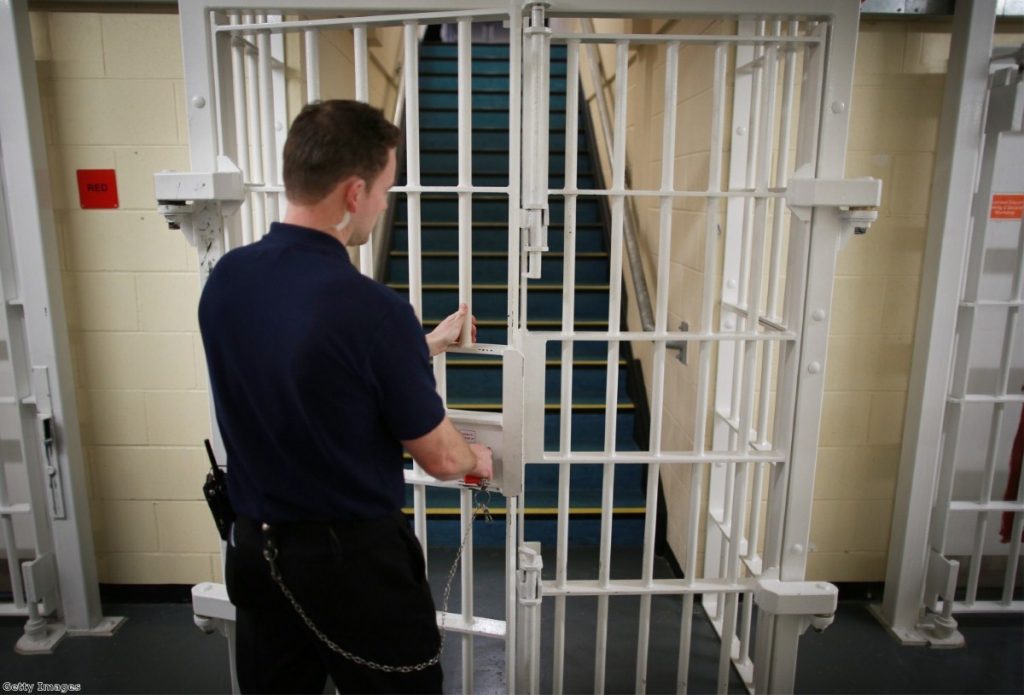The MoJ doesn’t even know who it has contracts with
Another day, another startling admission of ignorance from Chris Grayling's department.
It appears the Ministry of Justice does not know which firms it has contracts with and which prisons they are running.
A parliamentary question from shadow justice secretary Sadiq Khan in April asked about the department's contracts with private firms like Capita, G4S and Serco. He wanted to know basic questions – how much each contract was expected to cost over its lifetime, when they were due to end, whether financial penalties had been incurred, whether there was a break clause – that sort of thing.
As usual, the MoJ said it didn't have the information to hand. "The requested data are not held centrally in their entirety and answering the request will require approaching individual contract managers to gather and validate data," prisons minister Jeremy Wright said.


Quite why that information would not be held centrally is anyone's guess. One would think that it would be useful for a department facing spending cuts, prison overcrowding and an aggressive privatisation agenda to have this sort of information to hand. But they clearly do not think it important to collect information on their core objectives.
Once the information had all been put together, Wright wrote to Khan again, this time with what he said was a complete set of details – minus the electronic monitoring contract with G4S and Serco which was subject to ongoing criminal investigation.
The list is long, pricey and full of financial penalties for "disproportionate costs". In fact, of 45 contracts listed, there are financial penalties for disproportionate costs listed for nearly every single every one.
It's funny. The probation service managed to get reoffending rates down to 34.2% after a decade of steady year-on-year decline. Grayling called it failure and privatised it. Privatised services – from translation to the running of HMP Oakwood – result in "disproportionate costs" nearly every time. Grayling wants more of them.
But even this list was incomplete. They missed several big contracts. Khan asked again, helpfully giving them the names of the prisons and youth offender institutes they had missed off their list. These included Altcourse Parc Rye Hill, Bronzefield, Forest Bank, Peterborough, Ashfield, Lowdham Grange and Thameside. Finally the MoJ offered a resentful and minimal reply, including the institutions they had missed the first time.
Which is it? Cock-up or conspiracy? Are they really so inept that they do not centrally record the private contracts they sign while proclaiming the benefits of privatisation and aggressively pursuing it? That they persist with private contracts despite near-universal evidence of disproportionate costs to the taxpayer? That they miss whole prisons off a list of contracts?
Or is this part of Grayling's efforts to keep details of what goes on in the MoJ as opaque as possible? There's at least some element of this. After all, the MoJ has taken the unusual step of sometimes responding privately to Khan's parliamentary questions instead of posting the information which has been requested publicly.
Either way, the picture is one of a department with the curtains drawn and in disarray. Cock up or conspiracy, the MoJ is not fit for purpose.









